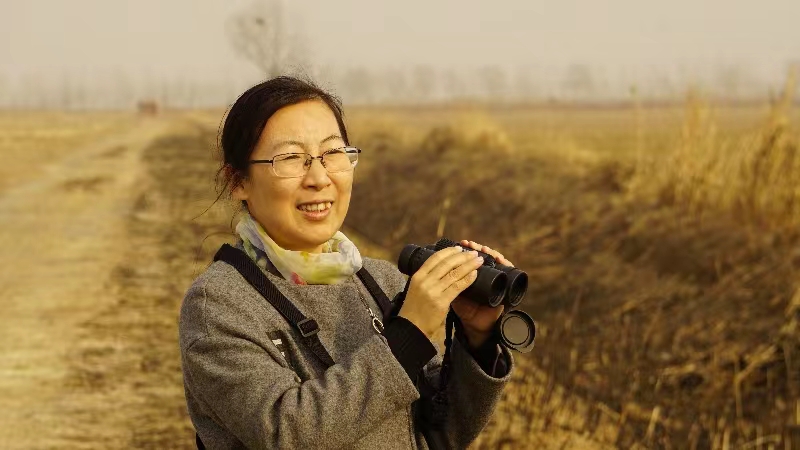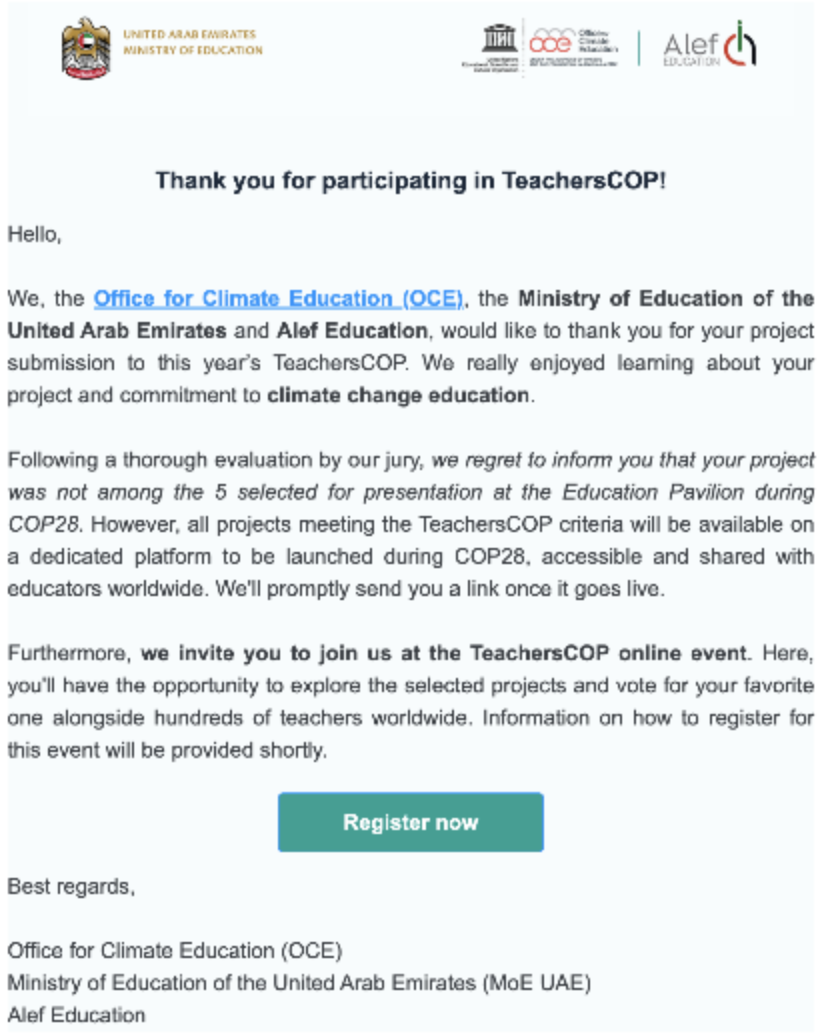Background of Figure: Ms. Chang Yan, 9th Grade Physics Teacher from Shengli No.4 Middle School, Dongying, Shandong
Main Events:
- In 2010, Ms. Chang established the “Little Feet” (Xiao Jiao Ya) group, and led students conducting biodiversity surveys during weekends;
- She also served as the lecturer of characteristic course on campus named “The Yellow River Estuary, Our Beautiful Hometown” and promoted climate change education.
Major Achievements:
- In October 2023, the climate change education practical case applied by Ms. Chang Yan was selected for the Teachers COP Forum organized by the United Nations Educational, Scientific and Cultural Organization (UNESCO) and aimed at educators around the world at the 28th Conference of the Parties (COP28) of the United Nations Framework Convention on Climate Change (UNFCCC), becoming the first Chinese teacher to be invited to participate in this United Nations forum;
- Received the honor of “Good Samaritans of China in the 1st Quarter of 2022” awarded by Civilization Office of the Central Communist Party Committee
- Received the honor of “Top 100 Most Beautiful Ecological Environment Volunteers in China in 2023” awarded by Ministry of Ecology and Environment
On October 27, 2023, an email from the organizers of UNFCCC COP28 in Dubai was sent to Ms. Chang Yan, who became the first youth teacher in China to be invited to participate in the cases presentation of Teachers COP. Teachers COP, organized by the Office for Climate Education (OCE), UNESCO, collected 386 cases worldwide at the COP28, and only five cases were selected for presentation during the conference and Ms. Chang was one of the five case presenters. She will present her educational activity case of observing the relationship between biodiversity change and climate change in Dongying, Shandong province. At the upcoming COP28 held in Dubai, we interviewed Ms. Chang Yan with excitement, hoping that her story can convey joy, faith, and hope to the teachers who have been working hard on climate change education! 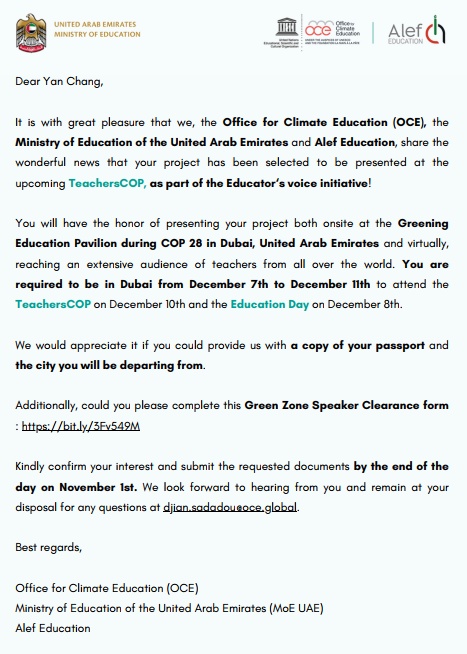
The invitation letter received by Ms. Chang Yan on October 27, 2023 for the Teachers COP hosted by UNESCO at the COP28
The invitation from the organizers of Teachers COP at the COP 28 held in Dubai inviting Teacher Chang Yan to participate in the online presentation of the conference
The following is the interview with Ms. Chang Yan by Green Light-Year:


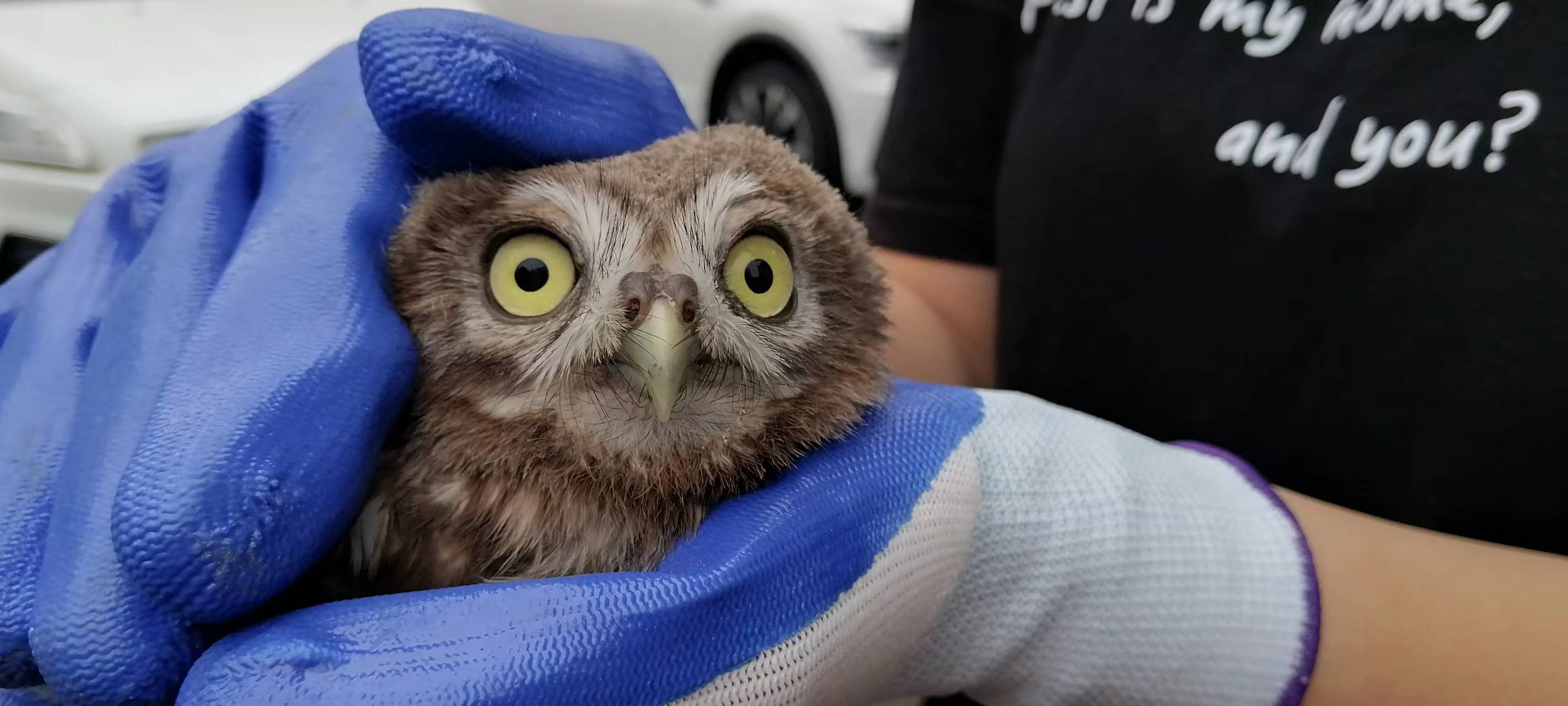
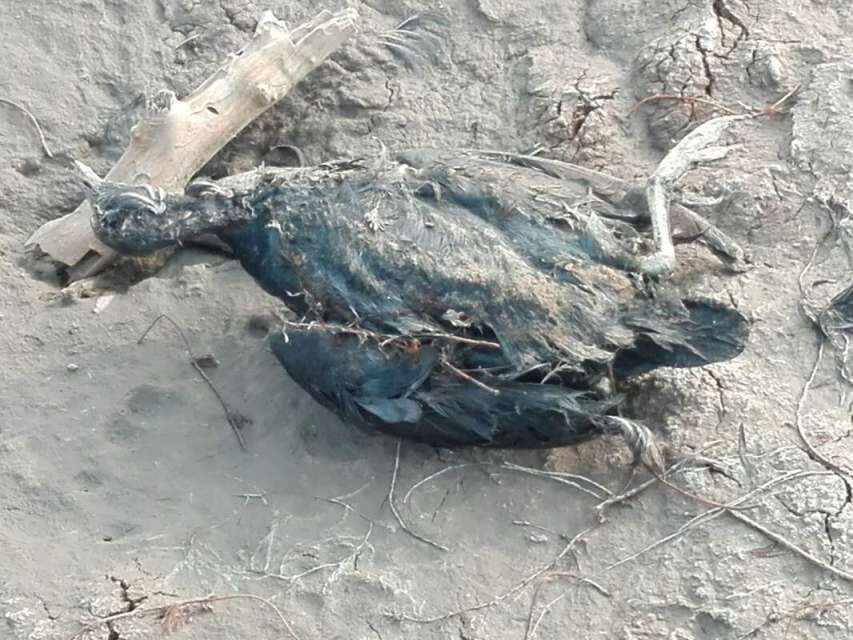
The coot frozen to death by the lake

The weather was extremely cold, and coots were trapped in the remaining piece of water area. There are frozen dead coots on the shore. So, we measured the thickness of the ice on the shore and walked close to observe the survival status of coots in this area.

Ms. Chang Yan is teaching a course on wetland protection to eighth grade students

Group photo of Zhou Xiqiao at the Mashaowan Village Research Camp (some of whom are members from “Little Feet” group)
(From bottom to top, the second row on the right is Zhou Xiqiao)

Zhou Xiqiu presented at the Youth Forum of COP15 Shanghai regional event in September, 2021
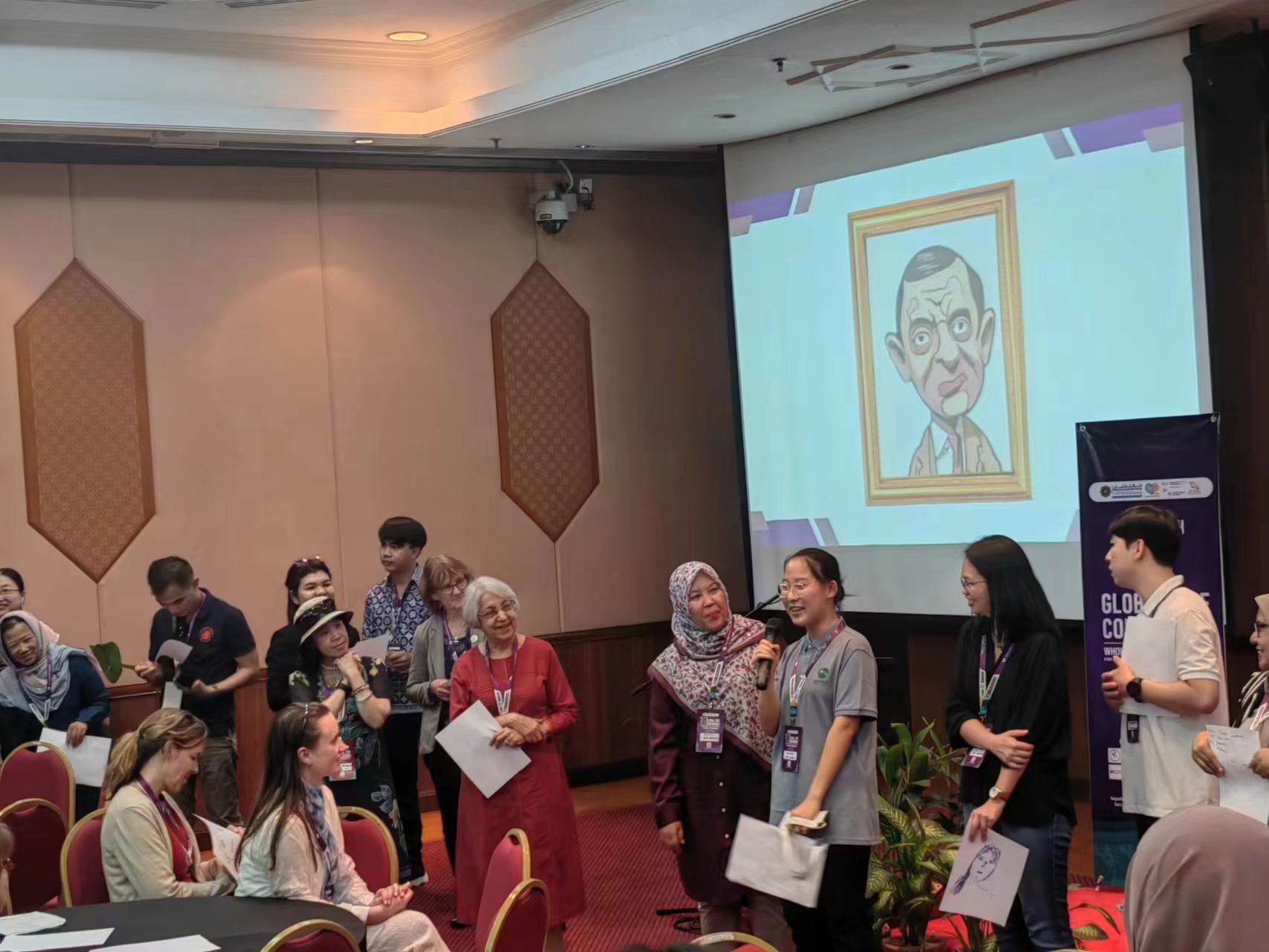
Zhou Xiqiao actively spoke and exchanged ideas at the Global RCE Annual Conference hosted by the United Nations University (UNU)

